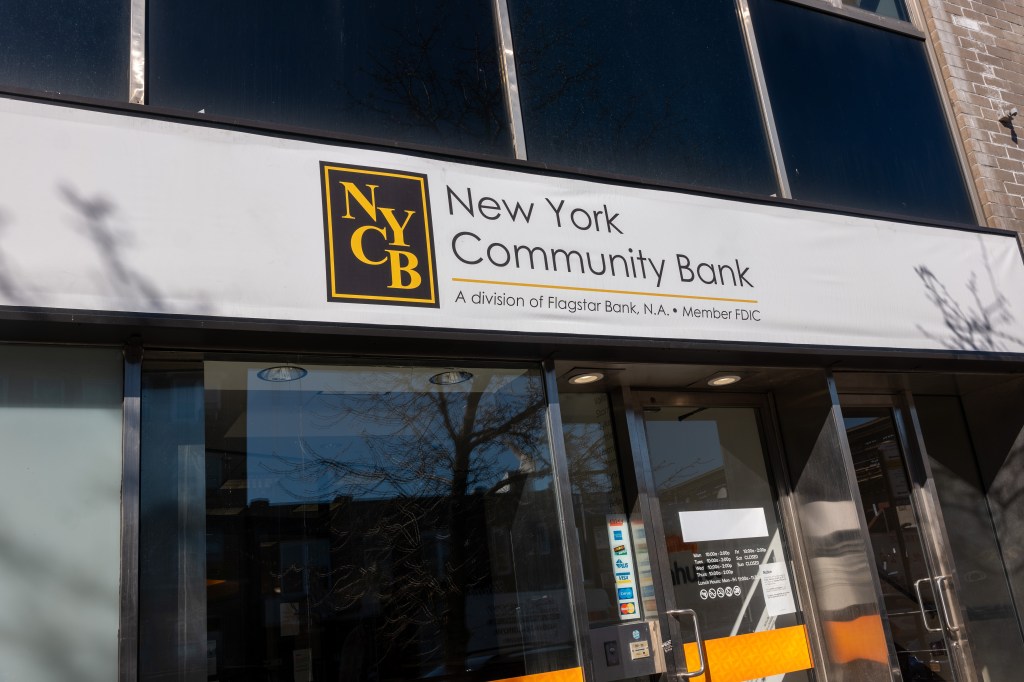Shares of New York Community Bancorp fell more than 25% at the end of last week after the regional lender announced a change of chief executive officer and disclosed issues with its internal controls.
The regional bank announced last Thursday after the market closed that Alessandro DiNello, its
Register for free to keep reading
To continue reading this article and unlock full access to GRIP, register now. You’ll enjoy free access to all content until our subscription service launches in early 2026.
- Unlimited access to industry insights
- Stay on top of key rules and regulatory changes with our Rules Navigator
- Ad-free experience with no distractions
- Regular podcasts from trusted external experts
- Fresh compliance and regulatory content every day













